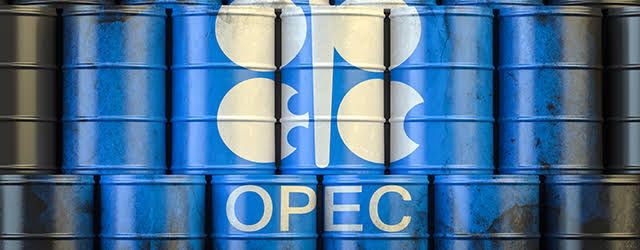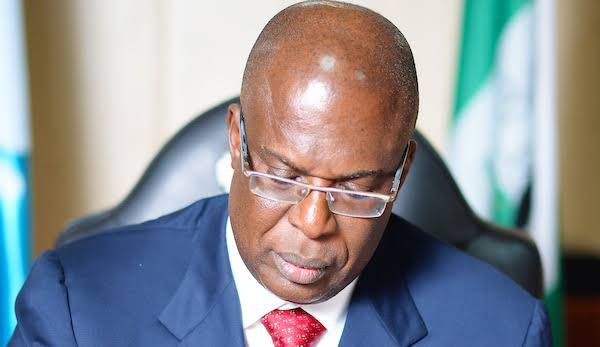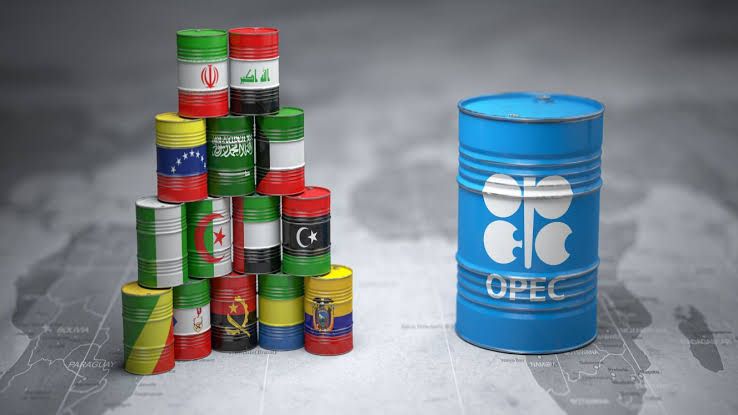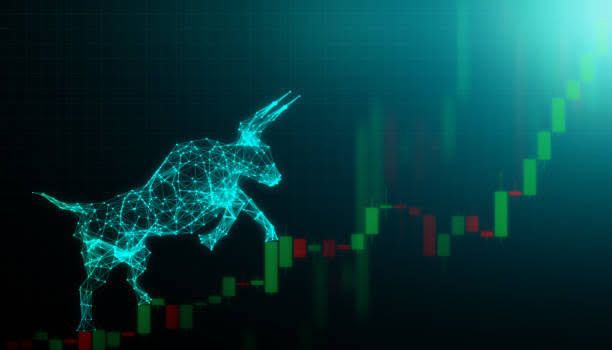In a recent interview with Russian TV channel Rossiya 24, Russian Deputy Prime Minister Alexander Novak said that OPEC+ actions on the market have helped the oil industry witness the beginning of a return of confidence and investments.
Novak remarked on the fifth anniversary of the first OPEC+ agreement, which was established in December 2016, “we positively assess the joint actions since 2016. They allowed us to return investments and restore confidence in the industry. This is a strategically longer period for planning our activities.”
According to Novak, the most difficult OPEC+ meeting was in March 2020, when countries couldn’t agree on how to proceed with the collective oil supply at the outset of the pandemic. In March and early April 2020, a month after the pact broke and Russia and Saudi Arabia were locked in a price war, the OPEC+ countries realised they needed to cut significant amounts of oil production to bring the market back into balance while demand and prices were collapsing due to the epidemic.
OPEC+ is still unwinding the total cuts of 10 million barrels per day (bpd) by 400,000 bpd every month. Earlier in December, amid accumulating signs of a larger-than-expected oil surplus early next year, the group startled many market analysts by sticking to its plan to ease output restrictions by 400,000 bpd in January.
According to a report released this week by the Saudi Arabia-based International Energy Forum (IEF) and IHS Markit, upstream oil and gas investment must reach pre-pandemic levels of roughly $525 billion per year by the end of the decade for the industry to maintain a demand-supply balance. Upstream investment is expected to be approximately $341 billion this year, down for the second year in a row, they noted.
Mohammad Barkindo, the Secretary-General of OPEC, cautioned the audience at this week’s World Petroleum Congress that decreasing investments in oil and gas production is a bad idea. Inadequate investment in new oil and gas supply would result in energy shortages, market imbalances, and higher pricing, according to Barkindo.



